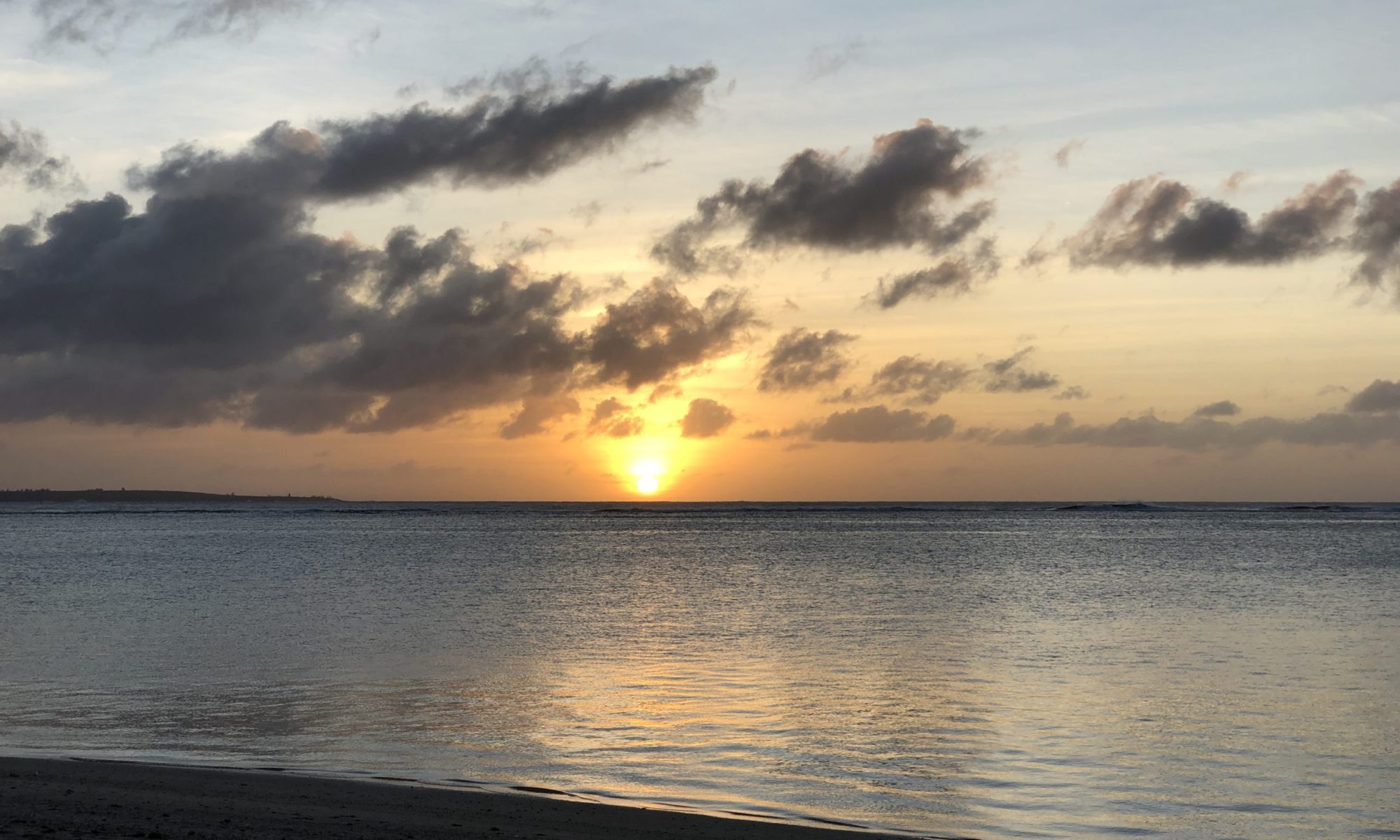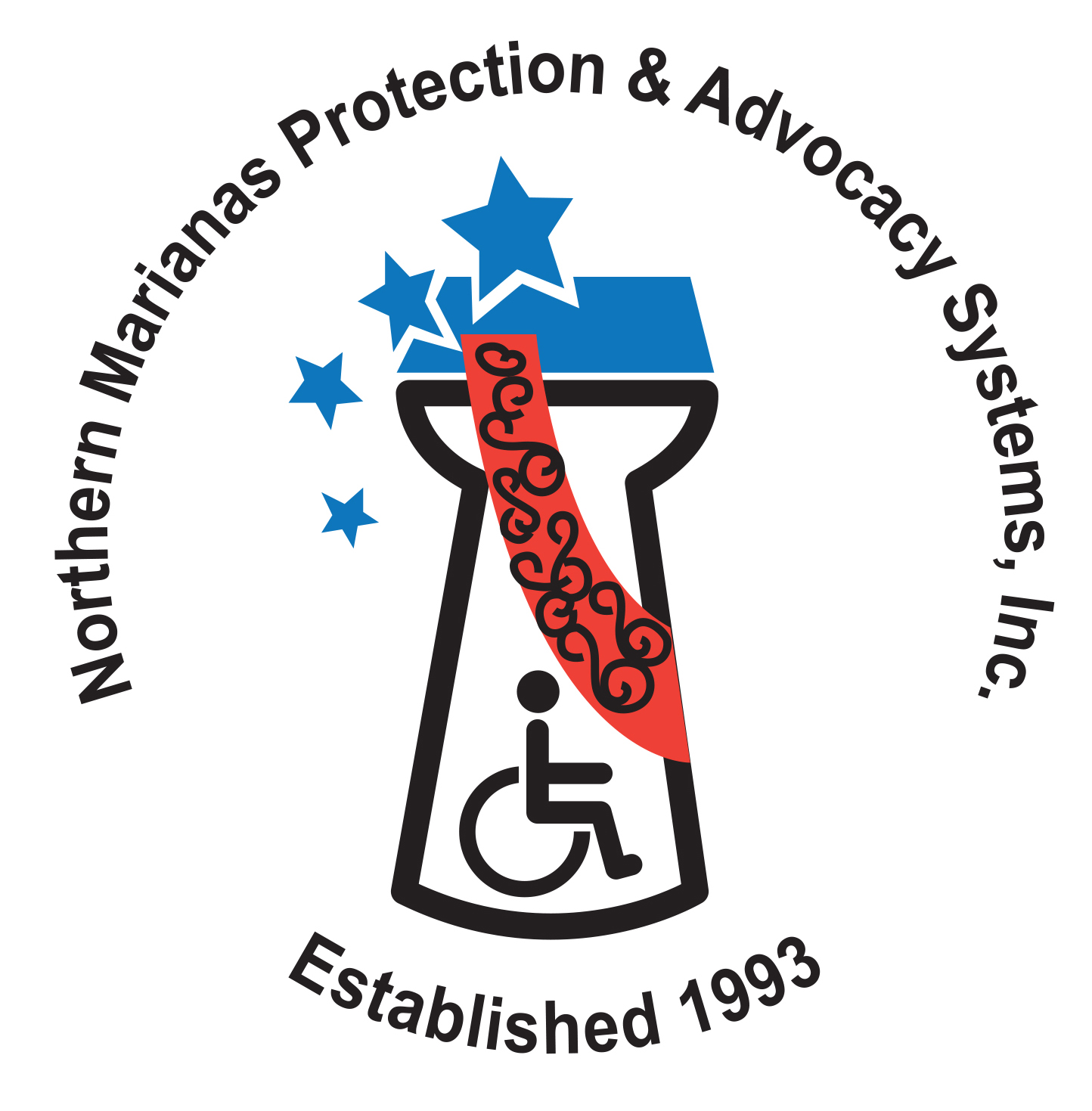ISLANDERS have long held a cultural belief in the value of an extended family structure woven tightly in and around an unconditional love and respect for our elders.
Our “local” sense of family is deeply rooted in a kind of obligation to assist one another and to take into account the needs and wishes of the family when making decisions. Some of that obligation can include domestic work, childcare, sending money home, going home, donating to family events such as funerals, helping our relatives, putting people up in our homes and, above all, respecting and caring for our elders.
Sadly, I see more and more that the extended family structure has deteriorated and in many cases no longer exists in our local community due in great part to outside influences particularly an ever-growing dependence on money. For the most part, people can barely afford to care for their most immediate family members and so more and more the nuclear family style is becoming the norm.
For us Advocates at the Northern Marianas Protection & Advocacy Systems Inc. also known as NMPASI the most stark and sad example of this cultural deterioration comes from witnessing the neglect and sometimes abuse of the elderly and other people with disabilities (more often than not by members of their own family).
So what is elder abuse?
Basically, elder abuse is any form of mistreatment that results in harm or loss to an older person. It is generally divided into the following categories:
• Physical abuse is physical force that results in bodily injury, pain, or impairment. It includes assault, battery, and inappropriate restraint.
• Sexual abuse is non-consensual sexual contact of any kind with an older person.
• Domestic violence is an escalating pattern of violence by an intimate partner where the violence is used to exercise power and control.
• Psychological abuse is the willful infliction of mental or emotional anguish by threat, humiliation, or other verbal or nonverbal conduct.
• Financial abuse is the illegal or improper use of an older person’s funds, property, or resources.
• Neglect is the failure of a caregiver to fulfill his or her care giving responsibilities.
• Self-neglect is failure to provide for one’s own essential needs.
How big a problem is it?
Although estimates vary, it is generally believed that 4-6 percent of the elderly are abused.
According to the National Incidence Study on Elder Abuse, approximately 450,000 elderly experienced abuse in 1996 nationwide. If self-neglect is included, the number is 551,000.
How serious a problem is it?
The personal losses associated with abuse can be devastating and include the loss of independence, homes, life savings, health, dignity, and security.
Victims of abuse have been shown to have shorter expectancies than non-abused older people.
Are there local resources to assist with the matter of elder abuse?
Locally, NMPASI and the Department of Community and Cultural Affairs through the Manamko Center have entered into a Memorandum of Agreement wherein NMPASI will receive approximately $12,000 per year to supplement its efforts to investigate potential cases of elder neglect and abuse. Additionally, NMPASI will provide information and referral services to proper authorities as needed.
What to do if you suspect elderly abuse?
To report elder abuse, you should contact the Department of Public Safety or as alternatives you can also inform NMPASI and Manamko’ Center staff.
Should you want further information on elderly abuse or any other disability related information you can contact NMPASI at 235-7273 or 235-7274 and via the internet at www.nmpasi.org/.

